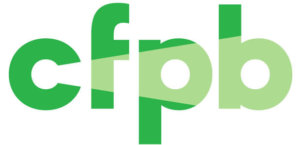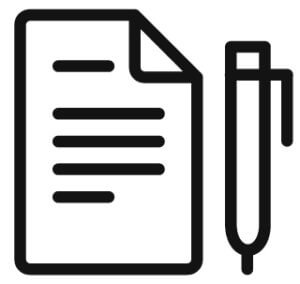NASCUS Summary: Compliance Bulletin on the Mitigating Harm from Repossession of Automobiles
 CFPB Bulletin 2022-04: Compliance Bulletin re: Mitigating Harm from Repossession of Automobiles
CFPB Bulletin 2022-04: Compliance Bulletin re: Mitigating Harm from Repossession of Automobiles
12 CFR Chapter X
The Consumer Financial Protection Bureau (CFPB) is moving to thwart illegal repossessions in the heated auto market. A compliance bulletin issued today reveals conduct observed during CFPB examinations and enforcement actions, including the illegal seizure of cars, sloppy record-keeping, unreliable balance statements, and ransom for personal property.
The bulletin became effective on March 3, 2022 and can be found here.
As a benefit to our members, NASCUS has provided a summary of that bulletin below.
 Summary
Summary
The Bureau is concerned that market conditions around the automobile industry might create incentives for risky auto repossession practices, since repossessed automobiles can command higher prices when resold. To mitigate harms from these risks, the Bureau is issuing this bulletin to remind market participants about certain legal obligations under Federal consumer financial laws.
Generally, servicers do not immediately repossess a vehicle upon default and instead attempt to contact consumers before repossession, usually by phone or mail. While some repossessions are unavoidable, the Bureau pays particular attention to servicers’ repossession of automobiles. Loan holders and servicers are responsible for ensuring that their repossession-related practices, and the practices of their service providers do not violate the law. The Bureau intends to hold loan holders and servicers accountable for UDAAPs related to the repossession of consumers’ vehicles.
The bulletin summarizes the current law and highlights relevant examples of conduct observed during supervisory examinations or enforcement investigations that may violate Federal consumer financial law.
Under Dodd Frank, all covered persons or service providers are prohibited from committing unfair, deceptive or abusive acts or practices in violation of the Act. An act or practice is unfair when (i) it causes or is likely to cause substantial injury to consumers; (ii) the injury is not reasonably avoidable by consumers; and (iii) the injury is not outweighed by countervailing benefits to consumers or to competition.
Section 5 of the Federal Trade Commission Act informs decisions with regard to whether or not a particular act or practice is “deceptive.” In addition, Dodd Frank prohibits two types of abusive practices. First, materially interfering with the ability of a consumer to understand a term or condition of a product or service is abusive. Second, taking unreasonable advantage of statutorily specified market imbalances is abusive. Those market imbalances include (i) a consumer’s lack of understanding of the material risks, costs, or conditions of a product or service, (ii) a consumer’s inability to protect their interests in selecting or using a product, or (iii) a consumer’s reasonable reliance on a covered person to act in their interests.
The Bureau highlights the following examples of repossession conduct (among others) to be in violation of UDAAP:
- Wrongful repossession of consumer’s vehicles
- Failing to provide consumers with accurate information about the amount required to bring their accounts current
- Applying payments in a different order than disclosed to consumers, resulting in repossession
- Applying unlawful fees that push consumers into default and repossession
- Charging illegal personal property fees
- Charging for collateral protection insurance after repossession
The Bureau will continue to closely review the practices of entities repossessing automobiles for potential UDAAPs, including the practices described in the bulletin. The Bureau will use all appropriate tools to hold entities accountable if they engage in UDAAPs in connection with these practices.